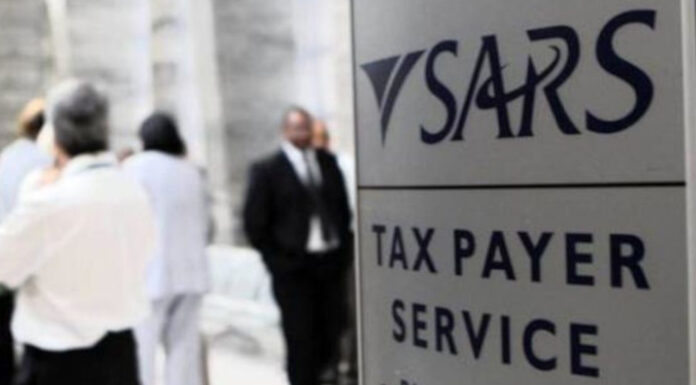The South African Revenue Service (SARS) has moved to clear the air on how social media influencers will be taxed, warning that free products, sponsored trips, and brand collaborations all count as taxable income.
However, the taxman’s move has attracted criticism.
SARS Commissioner Edward Kieswetter confirmed that influencers have now been added to the taxman’s segmentation model, alongside other categories such as high-wealth individuals, large businesses, and the gig economy. The aim, he said, is to ensure “clarity, certainty, and a seamless taxpayer experience” for this growing sector.
According to SARS, influencers are regarded as modern entrepreneurs who often operate as sole proprietors or independent contractors. Their earnings, whether cash, clothing, gadgets, services, or travel perks, fall under the definition of income in the Income Tax Act and must be declared.
“Full voluntary disclosure is critical. No matter how influencers are paid, it remains their legal obligation to declare everything they receive,” Kieswetter stressed.
Dangling a carrot
While SARS is firm on compliance, the agency insists its approach is not about punishment but about making it easier for taxpayers to do the right thing. It has begun producing videos, webinars, and guides tailored for influencers to help them understand their obligations.
The tax authority also said many influencers may fall into the provisional taxpayer category and that third-party data will be used to help determine the correct tax brackets.
SARS said the move comes as advertising spend continues to shift away from traditional agencies toward individual digital personalities. With digitisation reshaping the world of work, SARS believes it must also adapt its education and compliance strategies.
Kieswetter concluded with a reminder: “SARS is willing to assist honest taxpayers to comply with their obligations, but influencers must uphold their end of the bargain.”
The taxman emphasised that influencers, like all other taxpayers, are making a meaningful contribution to South Africa’s economy and democracy by paying their fair share.
Popular social media influencer Lasizwe Dambuza slammed SARS’s move, saying most content creators struggle to make ends meet.
“Being an influencer is not as glamorous as people think. It’s actually very tough to navigate this world, and even harder to reach a point where you can confidently invoice and charge for your work. Every single day, influencers are negotiated down, and it’s ironic because when you walk into a store like Pick n Pay to buy bread, you’d never ask to negotiate the price. Yet, in this industry, our value is constantly questioned.
“On top of that, people don’t see how much influencers spend just to show up. Sometimes you’re paying thousands for makeup, transport, or outfits just to attend an event for free. You’ll maybe get a goodie bag, but now even that is being seen as taxable. It’s [baffling].
“I really empathise and sympathise with content creators who are not making real money from this work, and now they’re expected to pay tax just to be content creators. That’s heartbreaking. Instead of making their journey harder, I wish more energy was put into creating opportunities that uplift and support young creatives in this space,” said Dambuza.
Another influence Goodwill Thomo shared that he was sceptical that most social media influencers have been meeting their tax obligations. “I doubt most people have done this (paying tax) yazi. Honestly, we have just been chowing our monies and not filing,” said Thomo.
YouTuber and content creator Mandisa Kheswa who often refers to her fans as ‘bhoza yami’ said she feels like most influencers are between the age groups of ages 13-24 and feels like they are not educated enough about tax matters.
She indicated that some of these people do not know how to declare their income and what the implications are of not doing that.
Kheswa asked the government try to use the internet to educate those that know nothing about tax. She added that influencers and content creators should be given time and some of the people in the space have already been getting calls from SARS, meanwhile there was no time frame given.
“Fortunately for me I have been doing my tax returns for the last three years. I am aware of how things work. Content creation has always been a side hustle and its sad that the money that I make on the side needs to be taxed. Content creation is like a business and sometimes you do not do so well on some months. How do you declare trade exchanges and I feel like we need to be educated about these things.”



